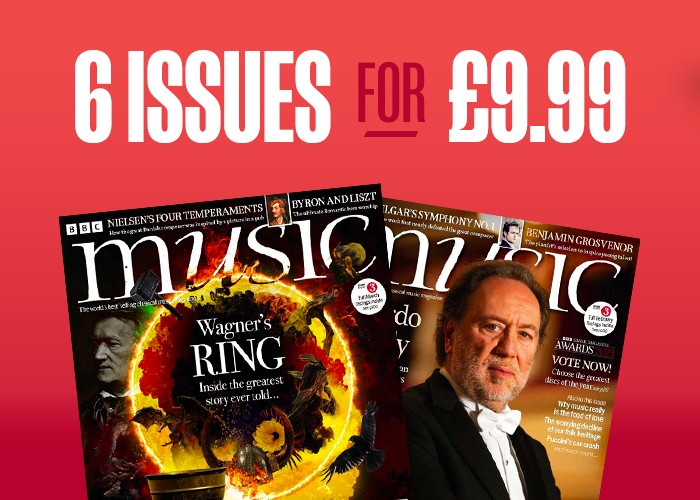Best music theory books for 2023
These music theory books provide some of the best and liveliest introductions to the workings of music
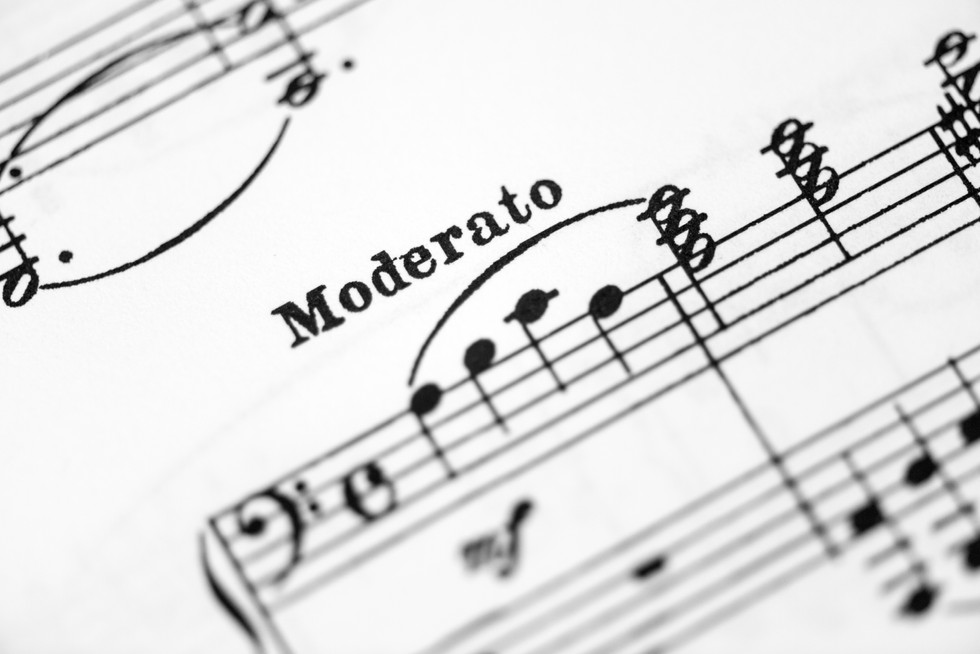
For many of us, it's more than enough simply to enjoy the music we hear, without understanding too much about the mechanics behind it.
However, you may want to understand a little more about why music affects you the way it does. How do chords, harmonies, dynamics and more help to produce music's astonishing effects? How does a simple collection of notes produce a feeling of sadness?
If you've ever felt curious about these things, you're ready to learn the basics of music theory. Or perhaps you're a student or performer, wanting to know more about how music works the way it does. Maybe you even want to inspire your child with the love of music that has so enriched your own life.
For any of these scenarios, a good music theory book is the answer. And here are some of the very best.
Best music theory books at a glance
- How to Read Music in 30 Days by Matthew Ellul £12.72
- Alfred's Essentials of Music Theory by Andrew Surmani, Karen Farnum Surmani and Morty Manus £28.95
- The Musician's Guide to Theory and Analysis by Jane Piper Clendinning and Elizabeth West Marvin £92.97
- Music Theory for Dummies by Michael Pilhofer and Holly Day £12.69
- How Music Works by John Powell £9.49
How to choose the best music theory book for you
A good music theory book should spell out the basic building blocks of musical theory in a simple, welcoming and accessible manner. The theory of music, and how it manages to have such emotional impact on us humans, is fascinating. However, it's also complicated, and in the wrong hands it can become quite dry and impenetrable.
There is, of course, a lot to learn about musical notation, the theory behind how certain notes work together, not to mention the secrets behind successful composition and arrangement.
However, the trick is to present all this relatively complex information in a friendly, easily understandable way. Understanding the mechanics of music can be wonderfully enriching: but it can also be quite a journey, and you don't want to lose heart before you're even properly started.
We would also recommend choosing a music theory book that comes with some supplementary audio material – such as a selection of CDs containing musical examples referred to in the text. It may sound obvious, but music needs to be heard as well as read about, and a music theory book that limits itself to spelling things out on the page, without anything for the reader to listen to, may only take you halfway on your musical journey. You don't just want to be told how Schubert's Trout Quintet works its magic: you need to hear it for yourself.
A helpful music theory book will also unpack some of the characteristics of different musical genres and forms – such as chamber music and symphonic music, or the Romantic music and Baroque music eras. They should also open up a whole world of musical terms, from pizzicato to rallentando.
The best music theory books available in 2023
How to Read Music in 30 Days by Matthew Ellul
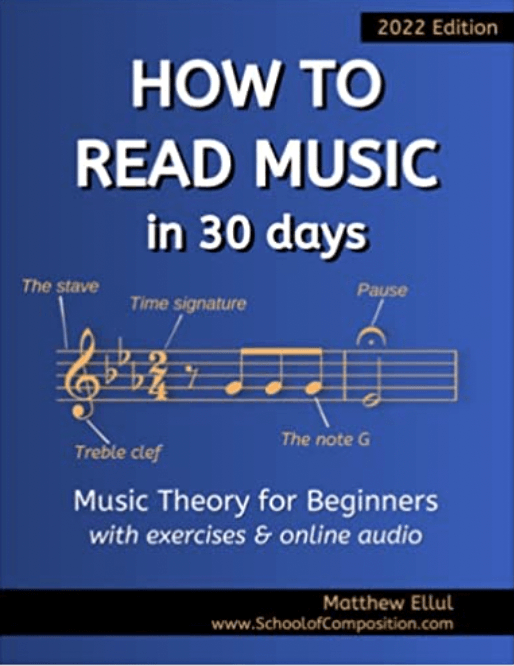
If the title of this book by Matthew Ellul sounds ambitious, well, the book sets out to fulfil that very promise. Learning to read music is quite a complicated affair, but this book and accompanying online audio break it down into easy, manageable steps.
Yes, the theory (!) here is that, in around a month, you’ll be able to take a look at a piece of sheet music and know the meaning of every symbol on there.
By the end, you should find yourself with a clear grip on the essentials of music theory – including how rhythm works, the key details of music notation, and how specific musical symbols bring written music to life.
Ellul supplements the text with beautifully clear diagrams, and there are also more than 100 exercises that will help you to practise what you're learning and check that you've understood the concepts being introduced.
More like this
Alfred's Essentials of Music Theory by Andrew Surmani, Karen Farnum Surmani, and Morty Manus
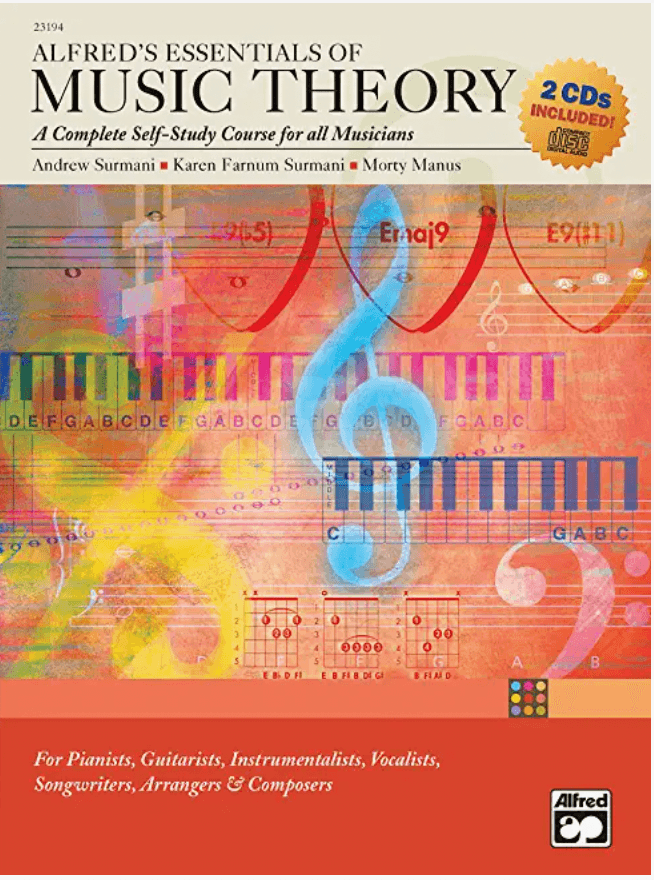
A practical and very accessible self-study course, Alfred's Essentials of Music Theory will suit pianists, guitarists, instrumentalists, vocalists, songwriters, arrangers and composers alike. The comprehensive music theory course teaches newcomers the basic building blocks of music theory via 75 short lessons.
There's also a selection of CDs that will help to train your ear to the various musical forms, rhythms, pitches, modes and more. The review section, meanwhile, allows you to test yourself as you go along. Answers to ear training and review exercises are found in the back of the book.
Recommended for both teachers and students of music theory.
The Musician’s Guide to Theory and Analysis by Jane Piper Clendinning and Elizabeth West Marvin
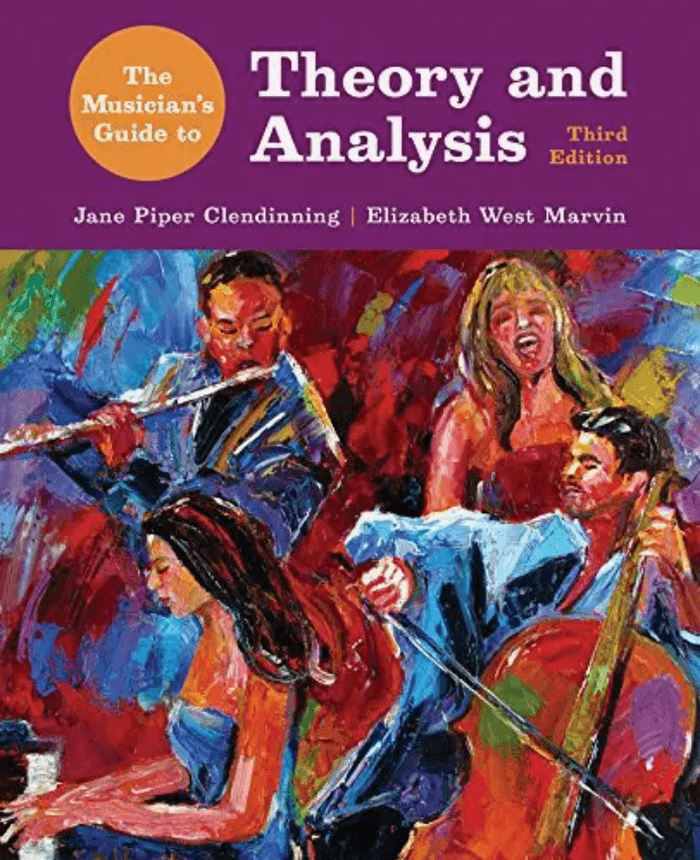
This particular guide has two aces up its sleeve for budding classical music students and performers. For one thing, it takes readers on a comprehensive journey through music theory, from the absolute basics right up to more complex concepts in harmony and form.
Secondly, it's geared specifically towards classical music, using examples from the classical canon. If you want to get from a standing start to expert level in classical music specifically, this book would make a great choice.
Music Theory for Dummies by Michael Pilhofer and Holly Day
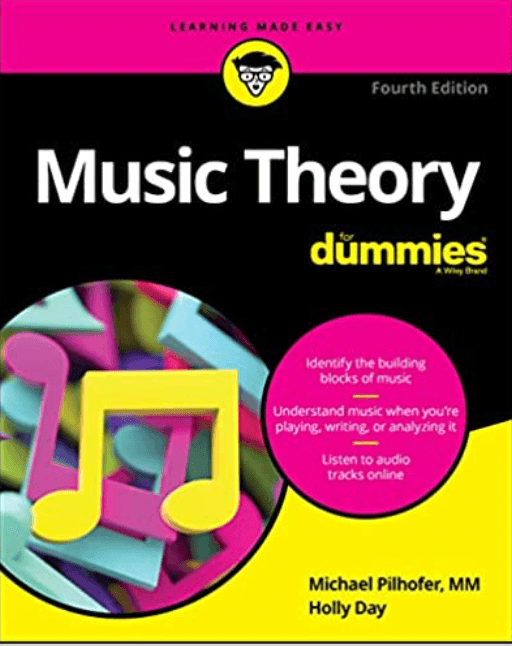
You’re probably familiar with the ... For Dummies franchise. From Arabic to yoga, the series has unpacked a huge number of concepts, languages and disciplines, using clear, simple language and engaging artwork. And Music Theory for Dummies is a typically helpful, accessible entry into the Dummies family.
As you'd expect, the book breaks down the potentially thorny subject of music theory into easily digestible, bit-size chunks, with the help of plenty of clear, attractive diagrams and images. Better still, the whole thing is presented in a clear, logical sequence.
This book will also teach you a fair amount of the theory behind other music genres – rock, jazz, blues – alongside classical music itself. Composing, arranging, harmony, and chords are also covered, while the accompanying CD is packed with musical excerpts to help you attune your ear as well as your mind.
How Music Works by John Powell
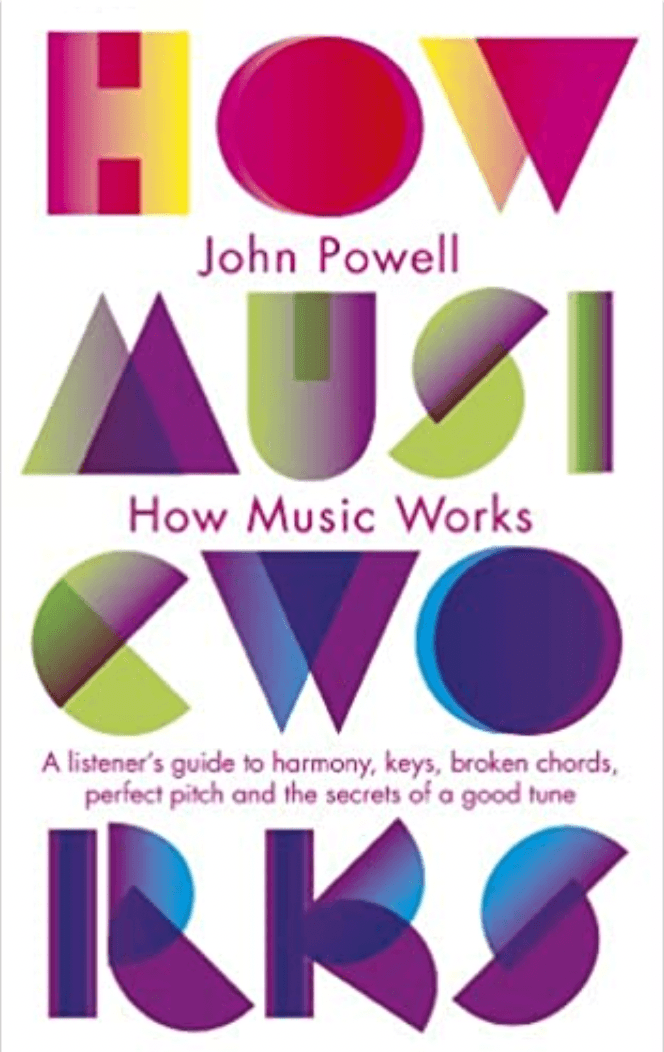
This book takes a subtly different approach to the four we've covered so far. Whereas those books have been nearer the textbook end of the spectrum, guiding the reader through the various concepts of music theory in a logical sequence, John Powell's How Music Works is a more anecdotal, subjective, and perhaps even a more entertaining guide to the wonders of music.
This book may not race you from absolute beginner to music theory professor in 30 days, being a more leisurely, explorative meditation on the power of music. However, if you have ever wondered exactly why a certain piece of music makes you want to cry (or dance), or why certain notes sound brilliant together while others grind together unattractively, this book will give you much satisfaction.
Yes, the basics of harmony, scales, chords, keys and rhythm are all covered, and covered well. But Powell opts for a more discursive, less academic approach to the subject. He also peppers the text with interesting insights – such as why a note has a different sound to a normal noise, or why Beethoven and Led Zeppelin share some unexpected common ground.
You may or may not come away from this book with a perfect ability to read music. What you definitely will take from it, perhaps even more valuably, is a heightened sense of pleasure in the wonderful things that music can do.
Authors

Steve has been an avid listener of classical music since childhood, and now contributes a variety of features to BBC Music’s magazine and website. He started writing about music as Arts Editor of an Oxford University student newspaper and has continued ever since, serving as Arts Editor on various magazines.


